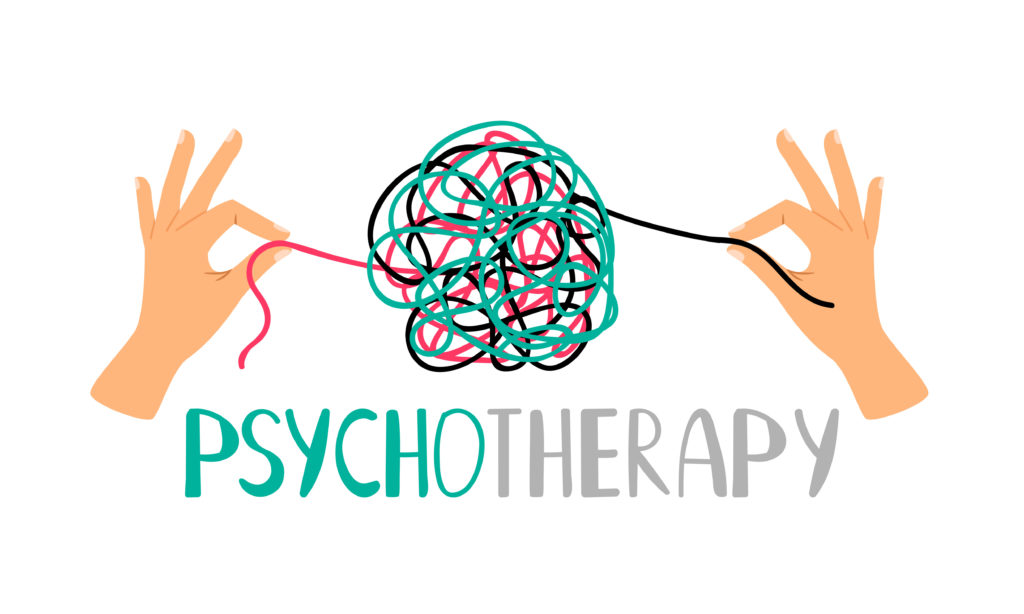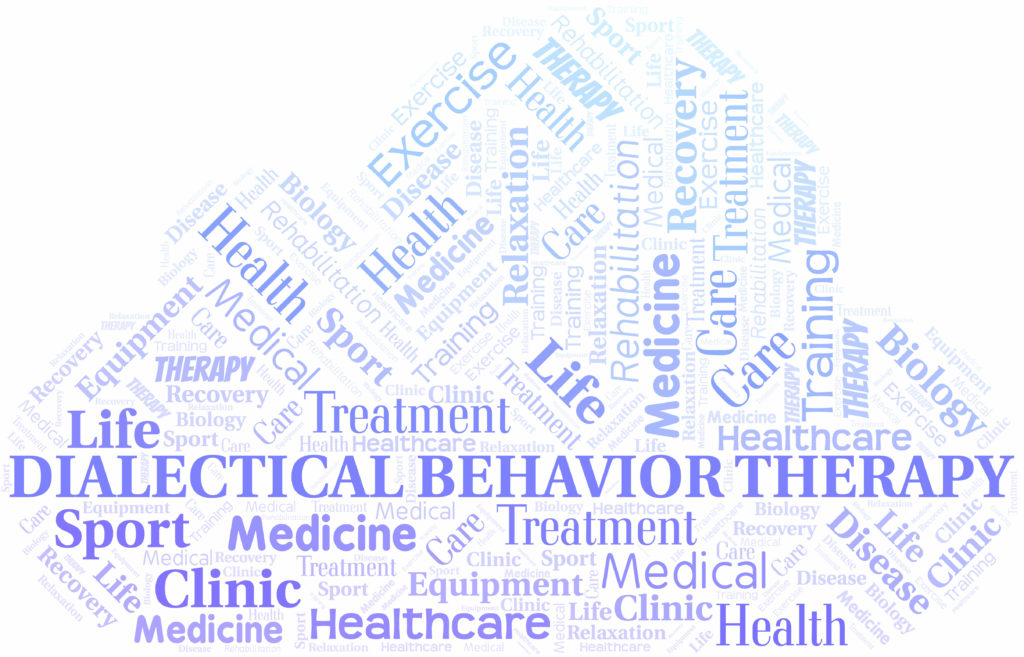What is Cognitive Behavioral Therapy?
Psychotherapy or talk therapy is also known as cognitive-behavioral therapy or CBT. It helps you identify unhealthy and negative beliefs and behaviors and substitute them with healthy and positive ones. CBT is useful in the treatment of mental health disorders like post-traumatic stress disorder (PTSD), depression, or an eating disorder.
Typically, a psychotherapist who is a mental health counselor, deals with the problem in a structured manner through talk therapy. The patients attend a limited number of such therapy sessions with the psychotherapist to resolve their concerns. CBT enables the individual to become aware of inaccurate or negative thoughts and look at the challenging situations more rationally and respond to them more effectively.
CBT is a useful and highly effective tool that can be used in combination with other therapies although not all people who benefit from CBT have a mental health condition. It helps people in managing stressful situations in life.
Why is it used?
Cognitive-behavioral therapy is very useful in treating a wide range of problems. It is preferred over other therapies as it helps in identifying the specific issue quickly, is done in a structured manner and requires less number of sessions than in other forms of therapy. As a tool, CBT can help in dealing with various emotional challenges. It can help in dealing with symptoms of mental illness, treat a mental illness and prevent relapse of mental illness symptoms. CBT can assist in coping with stressful life by learning different techniques, identify ways to deal with emotions, resolve relationship conflicts and learn better ways of communication. It can also be helpful in dealing with grief or loss and in dealing with severe physical symptoms.
CBT is effective in dealing with phobias (PTSD), anxiety, depression, eating disorders, obsessive compulsive disorders (OCD), substance use disorders, bipolar disorders and even schizophrenia and sexual disorders. When CBT is combined with medication like depressants, it is more effective. The person may have to go through painful feelings, emotions and experiences and get upset during few challenging sessions. You may be required to confront situations that you would like to avoid or that cause stress. Although the person may feel emotionally uncomfortable at times, it involves little risk. A skilled therapist will enable you to learn coping skills and how to manage such negative fears and emotions.
How do you begin?
The first thing to do is to find a therapist from known sources like your friend, health insurance plan or your doctor. You can also find a therapist on your own by searching on the internet or through a local psychological association. Check the qualifications and reviews. Find out about the cost and whether your health insurance offers any coverage for psychotherapy. Few plans cover a fixed number of therapy sessions per annum. Review the payment options and fees with your therapist before finalizing.
Prior to your first appointment, plan what issues are plaguing you most and you would like to work on. This will provide you with a good start in discussing issues with your therapist.
How to find a psychotherapist?
The term psychotherapist is ‘generic’ and does not specify a particular type of education, training, or licensure. It includes a wide range of professionals such as psychologists, psychiatrists, licensed counselors, social workers, psychiatric nurses, licensed marriage therapists, family therapists, and other professionals with training in mental health. Psychotherapists may have a variety of different job titles, based on their role and education. Hence it is important to check their education and background. Most of them usually have a master’s or doctoral degree with training in psychological counseling. Psychiatrists are physicians who are medical practitioners with a specialization in mental health. They can prescribe medication as well as provide psychotherapy. You must also check whether your therapist meets state certification and licensing requirements for the particular discipline in which he or she specializes.
You should find out if the psychotherapist has experience and expertise in the type of concerns that you have. You must look for a skilled therapist who matches your therapy requirements. For example, if you are suffering from PTSD or eating disorders, you need to find someone who has the type of background required to treat such disorders and has treated them in the past. Cognitive-behavioral therapy is done on one-on-one or in groups with family members or people with similar issues. You may find online resources too that allow you to participate in CBT.
Book an appointment at your local Simply Align Rehab – Cedarbrae Medical Centre: 3630 Lawrence Ave E, Scarborough, ON M1G1P6 or call us at # 416-438-3230 or Text 416-628-8554 or BOOK ONLINE https://simplyalignrehab.com/
CBT usually includes learning about your mental health condition, practicing techniques like relaxation, coping, resilience, stress management and assertiveness. The first session may consist of providing information about yourself and sharing your concerns. The therapist may require information about your previous and current physical and emotional health conditions to develop a better understanding of your current situation. The therapist may talk about the use of medication in your treatment. This session is also an opportunity for you to find out more about your therapist and see whether he or she is an appropriate match for your requirement.
What type of therapy is appropriate for you?
To get the maximum benefit from your therapist you need to find out 1) the goals of your treatment, 2) the length of each session, 3) how many therapy sessions are required, and 4) the best course of action. Of course, it may take a few sessions to actually become comfortable to share your situation and concerns with the therapist and for the therapist to understand your situation. If, however, you feel uncomfortable with one therapist, you can try another therapist. It is important to find the right ‘fit’ to get beneficial outcomes.
For free consultation call us at 416-438-3230 or Text 416-628-8554 or BOOK ONLINE Simply Align Rehab – Cedarbrae Medical Centre: 3630 Lawrence Ave E, Scarborough, ON M1G 1P6.
What happens during the sessions?
CBT usually focuses on specific issues using a goal-oriented approach. Typically the therapist will ask the patient about what is bothering him or her and encourage a conversation around the thoughts and feelings. There is no need to worry about sharing one’s feelings openly with the therapist. The therapist will make you feel comfortable and confident. While you go through the process, the therapist may provide opportunities for you to apply the learning in your daily life, as homework. For example, the activities he gives you may include activities or practices that build on what you have learnt during the therapy sessions. The approach will depend on your specific problem, preferences and situation. He may even combine CBT with another therapeutic approach such as interpersonal therapy that focuses on relationships with other people.
Steps in CBT
The main steps in CBT include
- identifying the problematic situation in your life, whether it is grief, anger, symptoms of a mental health disorder or a medical condition.
- deciding which goal to focus on,
- becoming aware of your emotions, beliefs and thoughts related to the problem. Once you have identified the issue or problem, the therapist will encourage you to share your thoughts about it. He will observe what you narrate about your issue through self-talk, how you interpret the situation and your beliefs about the event, and how you see yourself and others.
The therapist may recommend maintaining a journal of your thoughts to identify negative or inaccurate thinking. This will be useful in recognizing patterns of behavior and thinking contributing to your problem and your responses to the different situations. The difficult step is when the therapist asks if your view is based on fact or inaccurate perception of things. Based on your emotional, physical, and behavioral responses the therapist may try to reshape negative or inaccurate thinking. With practice in helpful thinking, you may be able to change your long-standing ways of thinking about yourself and your life.
Length of therapy
CBT is a short-term therapy that usually ranges from 5 to 20 sessions. You need to discuss with your therapist and find out how many sessions you require. This may depend on factors such as 1) type of disorder, 2) severity of symptoms, 3) how long the symptoms have been there, 4) how quickly progress is made, 5) how much stress the person is experiencing, 6) how much support is provided by family, friends and others.
Confidentiality
All conversations with the therapist are usually confidential. However, if there is an immediate threat to safety or when required to report concerns to authorities by state or federal law, the therapist may break the confidentiality. Such threats include harm to oneself or to others.
Outcome of therapy
CBT may not help in removing the unpleasant situation or problem. However, it can help you feel better about yourself and your life and it can equip you with the power to dea; with the situation in a healthy manner.
Getting the most out of CBT
In order to get the most out of CBT you need to take a few steps in that direction. Firstly, you need to understand and approach the therapy as a partnership between the therapist and you. You must be honest, open and willing to share your thoughts, feelings and experiences. If you have reservations about being open about painful emotions or fears of embarrassment or reaction from your therapist, let him know. For the therapy to be successful, you must be an active participant and share decision-making. The therapist and you need to agree on major issues and how to tackle them. Together you need to set goals and check your progress from time to time. You need to be open to new insights and ways of doing things.
Stick to your treatment plan
Once you begin the therapy sessions, attend all sessions without expecting immediate results. Emotional issues may be painful and require hard work. Do not be tempted to skip the sessions as it can disrupt the progress you have achieved. In the initial stages of therapy you may feel worse because of the past and current conflicts. However, you may require a couple of sessions before you can see any improvement. Follow the advice of the therapist and do your homework after the session. It will enable you to apply the learnings from the sessions in real life. However, if you feel the therapy is not helping you, talk to your therapist. He may make modifications in the approach and try something different. If you or your loved ones have concerns and would like to consult a psychotherapist, call us for an appointment right away.








